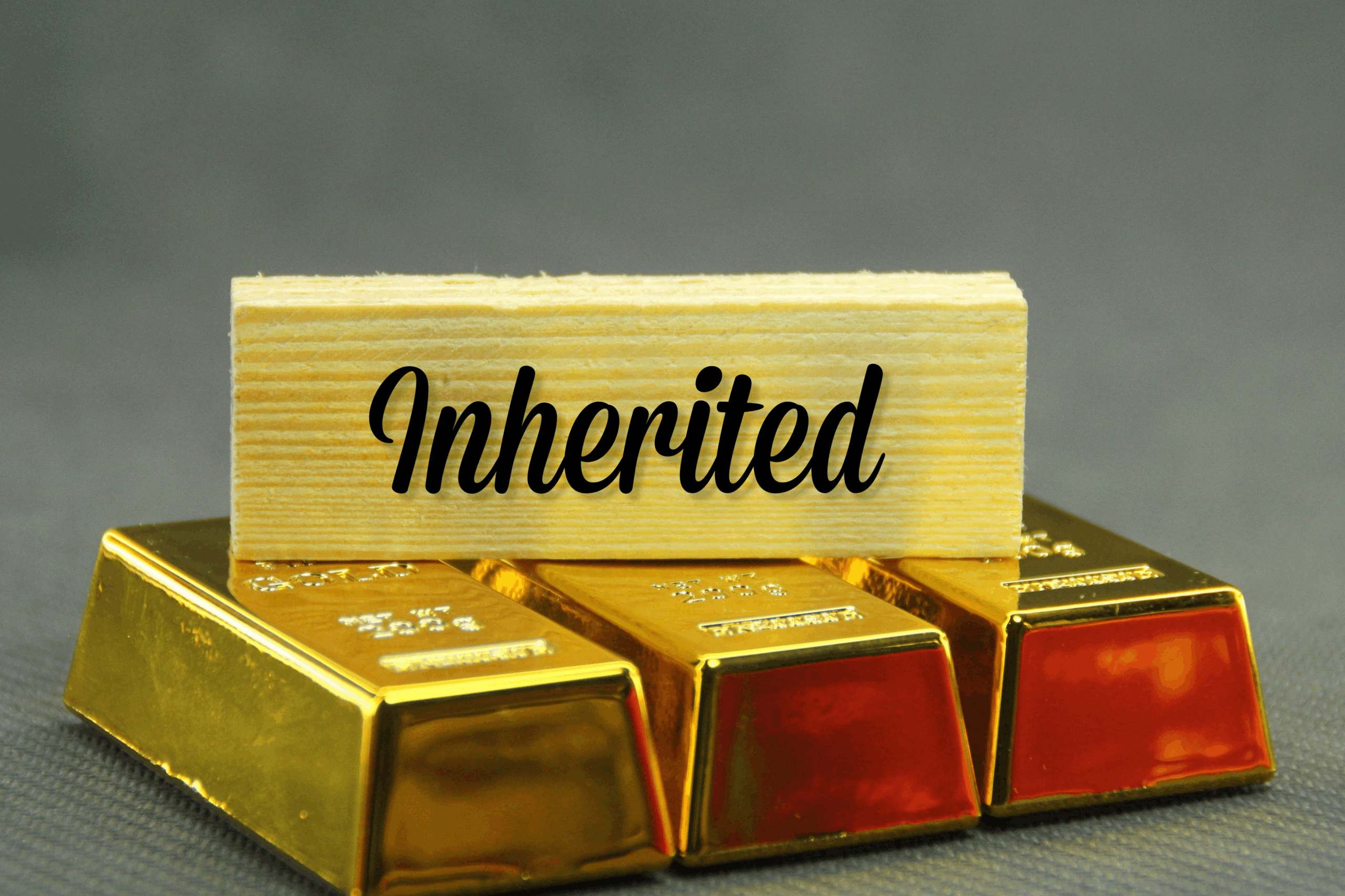Do I Have to Pay Taxes on Gold I Inherit?
According to the Internal Revenue Service, you’ll typically have to pay taxes if you inherit gold. However, there are some exceptions and other considerations to keep in mind as you explore the possibilities with how to pass gold along to loved ones and heirs. Today, we discuss what applies to gold when it comes to inheritance taxes.
It Depends on the Amount & Form of Gold
If you have some small pieces of gold here and there, you may not have to worry about taxes if those pieces aren’t worth very much. On the other hand, if you have several bars of gold stashed away—or, more likely, stored at a secure facility or local bank—the answer is likely yes. The reason is because gold in solid physical form typically has significant value. This means your total estate value could be high enough to result in a tax bill once it’s time to pass on what you’ve put away to your heirs. If the gold they inherit is in the form of bars, ingots, or gold coins, Carlsbad residents can expect to pay taxes on it.
Gold Can Grow in Value Tax-Free
Gold is generally considered private when it’s simply being collected. Capital gains taxes would only apply if you ended up selling some of what you purchased for a greater value than what you initially paid for your gold. However, if you only keep your gold and don’t sell it, you should be able to register or transfer ownership.
A Trust Can Be Helpful
There are numerous tax benefits associated with creating trusts for the purposes of passing assets like gold along to loved ones. It’s generally best to work with an estate attorney to sort through your options when officially creating a trust.
Depending on the type of trust you set up, you may be able to legally transfer some of your gold to your heirs while you’re still alive. Having a trust doesn’t necessarily mean your heirs won’t have any tax obligations, but it does give you a chance to pass along tax breaks or discounts to your loved ones.
Work with the Right Professionals
Either a financial advisor or a precious metals expert can help you out as far as investing in gold goes during your lifetime. As you get to the point where you wish to determine who gets what when you pass away, an estate attorney should be able to get you set up with either a trust or a will.
One last professional to consult with is a tax expert. This way, you can discuss such things as:
• The nature of your gold (e.g., all bullion or a mix of stocks, bonds, and bullion)
• The appraised value of your gold assets*
• Whether or not there are federal or state legal tax exemptions
- What you plan to do with your gold while still living so you can plan wisely in a way that minimizes future tax burdens as much as possible
*If you haven’t done so yet, get your gold appraised so there’s a clear documented value associated with it.
If you need guidance on buying precious metals or you’re looking for the best place to sell gold in Carlsbad, make sure to work with trustworthy precious metal dealers who offer high-quality service and have years of experience. Call on the industry-leading professionals at First National Bullion when you’re ready to buy or sell precious metals, including gold, silver, platinum, and palladium. Give us a call today at (760) 253-8072.
The statements made in this blog are opinions, and past performance is not indicative of future returns. Precious metals, like all investments, carry risk. Precious metals and coins may appreciate, depreciate, or stay the same in cash value depending on a variety of factors. First National Bullion does not guarantee, and its website and employees make no representation, that any metals for sale will appreciate sufficiently to earn the customers a profit. The decision to buy, sell, or borrow precious metals and which precious metals to purchase, borrow, or sell are made at the customer’s sole discretion.


